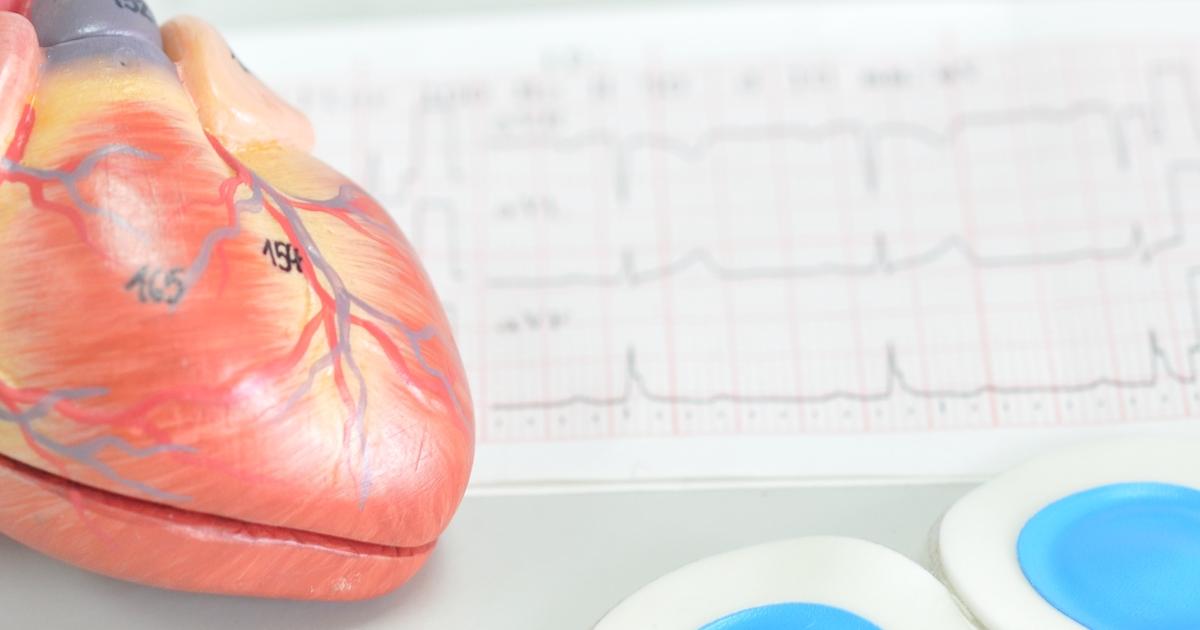Health Benefits Of Nitric Oxide Supplements
Nitric oxide is manufactured by almost all cell types in the body, and it plays a crucial role in the health of blood vessels. As a vasodilator, nitric oxide helps blood vessels relax and become wider, and this may improve heart health and exercise performance. Nitric oxide also stimulates the release of insulin and human growth hormone. Many athletes and individuals looking to enhance their cardiovascular health might consider adding nitric oxide supplements to their diet. Nitric oxide itself is not present in these supplements. Instead, patients take specific supplements that are known to increase nitric oxide in the body. Beetroot, cocoa, garlic, curcumin, agmatine, l-arginine, and l-citrulline are popular ingredients in supplements that claim to elevate nitric oxide levels. Patients should always check with their doctor before taking any supplements, vitamins, or herbal remedies.
The benefits associated with nitric oxide supplements are outlined below.
Boosts Exercise Effectiveness

Nitric oxide boosts exercise effectiveness by increasing the width of the blood vessels. When blood vessels widen, the delivery of nutrients and oxygen to muscles is increased, and this may improve performance in athletic activities. Studies suggest nitrate is one of the most effective supplements for boosting nitric oxide and exercise performance. A June 2018 review and meta-analysis of twenty-nine studies concluded nitrate supplementation significantly improved exercise tolerance. A study conducted in 2017 found nitrate supplements had a positive effect on endurance exercise capacity as well. Additional research that involved kayakers, swimmers, runners, and cyclists who took nitrate supplements indicated that the supplements were particularly helpful in enhancing exercise performance in these sports. Studies show healthy individuals who are untrained or moderately trained are the most likely to benefit from nitrate supplementation, and the supplements can improve exercise tolerance for both aerobic and anaerobic exercises.
Continue reading to learn more about the health benefits of nitric oxide supplements now.
Reduces High Blood Pressure In Pregnant Women

Some doctors believe impairments in the body's ability to properly use nitric oxide may contribute to the development of hypertension. Studies suggest vasodilators like nitric oxide allow blood to flow through vessels more easily and enable the heart to pump with less force. Research into the effect of nitrates and flavonoids on blood pressure has produced encouraging results. For example, a 2017 meta-analysis of studies on beetroot juice, a popular source of nitrate, discovered that nitrates reduced systolic blood pressure by an average of 3.55 mmHg, and diastolic readings were reduced by roughly 1.32 mmHg. Studies indicate nitrate supplements may be particularly beneficial for controlling blood pressure during pregnancy. For example, research conducted in 1999 on sixty pregnant women found having higher levels of nitric oxide had a protective effect against hemoconcentration and platelet aggregation for women with preeclampsia, a condition that causes high blood pressure during pregnancy. A 2018 case study from Ghana reported that healthy pregnant women had significantly lower blood pressure and significantly higher nitric oxide levels compared to healthy females who were not pregnant during the study. The study authors indicated nitric oxide may be involved in the vascular adaptation of the body during pregnancy. Patients who are pregnant should have their blood pressure monitored frequently by their doctor, and it may be beneficial to use an at-home monitoring device as well. Patients should always speak with their physician before adding nitrate supplements or any other supplements to their diets during pregnancy.
Discover additional health benefits of nitric oxide health benefits now.
Lessens Muscle Soreness

Many individuals experience muscle soreness after vigorous exercise, and this symptom can also occur in patients unaccustomed to physical activity. It typically peaks one to three days after exercise. Citrulline malate, a form of L-citrulline that increases nitric oxide, has been shown to reduce post-exercise muscle soreness. A 2010 study investigated the effect of citrulline malate in forty-one subjects who performed as many flat barbell bench presses as they could. The results showed that subjects who consumed eight grams of citrulline malate sixty minutes before performing the bench presses reported forty percent less muscle soreness in the two days following the workout. Researchers believe citrulline malate may be beneficial in removing waste products such as lactate and ammonia from the body. These substances contribute to muscle fatigue. A 2017 study found that a dose of six grams of citrulline malate did not reduce muscle soreness after exercise, and doctors believe a dose of at least eight grams is necessary. The exact dosage needed to reduce soreness may depend on the type of physical activity being performed, and additional research in this area is being conducted.
Read more about how nitric oxide supplements benefit health now.
Promotes Heart Health

Animal studies suggest nitric oxide promotes heart health in several different ways. In addition to reducing blood pressure, it reduces the stiffness of the arteries and increases blood flow in the carotid arteries. A 2003 study conducted on animals at Johns Hopkins found that nitric oxide blocked the release of inflammatory compounds, and it also reduced the stickiness of platelets in the blood. When platelets are less sticky, they are less likely to clump together into a dangerous blood clot that could cause a heart attack or stroke. Recent research published in 2014 examined the effectiveness of nitric oxide supplementation in patients with high blood pressure. Thirty participants were involved in the study, and there was a treatment group and a control group. Patients assigned to the treatment group consumed an oral lozenge that generated nitric oxide within the body; those in the control group received a placebo. Approximately twenty minutes after the lozenge was taken, subjects in the treatment group had a reduction of four mmHg in systolic blood pressure and a reduction of five mmHg in diastolic blood pressure. At the sixty-minute mark, systolic and diastolic readings were both decreased by six mmHg. Vascular compliance improved after thirty minutes, and endothelial function improved after four hours. Impaired endothelial function contributes to the hardening and stiffening of the arteries, increasing the risk for heart attacks and strokes. Patients who have risk factors for heart disease may want to talk to their physician about increasing their nitric oxide.
Keep reading for more information on the health benefits of nitric oxide supplements now.
May Treat Altitude Sickness

Altitude sickness usually develops at altitudes of at least eight thousand feet, and it is triggered by a lack of oxygen. Patients with this condition may experience headaches, fatigue, insomnia, shortness of breath, and increases in heart rate. A 2011 review of studies on nitric oxide and altitude sickness reported that individuals who had altitude sickness had lower nitric oxide levels than patients who did not have this illness. The review noted that subjects who lived in Tibet had levels of nitric oxide that were at least double those of other populations. A 2015 study found beetroot juice helps the body distribute oxygen and improves endothelial function at high altitudes. Patients planning to travel to high altitudes may want to speak with their doctor about using beetroot juice or other nitrate supplements to reduce the symptoms of altitude sickness.
